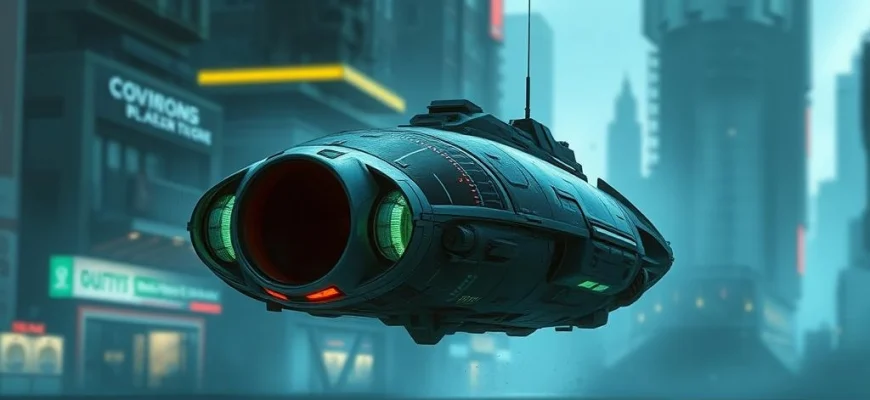If you loved the sci-fi thriller 'Freejack' (1992) and its unique blend of action, time travel, and dystopian themes, you're in for a treat! This article explores 10 similar movies and shows that capture the same high-stakes energy, futuristic settings, and mind-bending plots. Whether you're a fan of gritty sci-fi or adrenaline-pumping adventures, these picks will keep you on the edge of your seat.
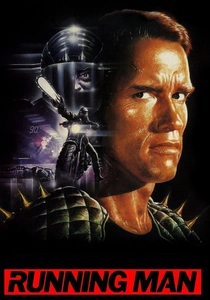
The Running Man (1987)
Description: A dystopian future where the government controls entertainment through violent games, blending action and sci-fi elements with a critique of media manipulation.
Fact: Based on a novel by Stephen King under the pseudonym Richard Bachman. The film's concept of a deadly game show predates reality TV by decades.
 Watch Now
Watch Now 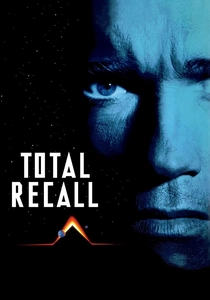
Total Recall (1990)
Description: Explores themes of identity and memory manipulation in a futuristic setting, featuring high-stakes action and a protagonist questioning his reality.
Fact: The film's special effects were groundbreaking for its time, including the iconic 'three-breasted woman' and the Mars surface scenes.
 Watch Now
Watch Now 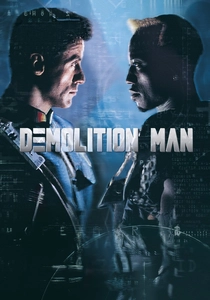
Demolition Man (1993)
Description: Set in a sanitized future where crime is seemingly eradicated, it combines action with satire about societal control and the loss of individual freedoms.
Fact: The film's prediction of a future where all restaurants are Taco Bell became a cultural talking point, though internationally this was changed to Pizza Hut.
 Watch Now
Watch Now 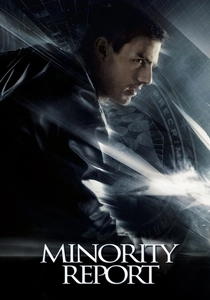
Minority Report (2002)
Description: A high-tech future where crime is predicted and prevented before it happens, focusing on themes of free will versus determinism and government surveillance.
Fact: The film's futuristic interfaces and gesture-based computing were developed with input from actual technologists, influencing real-world UI design.
 Watch Now
Watch Now 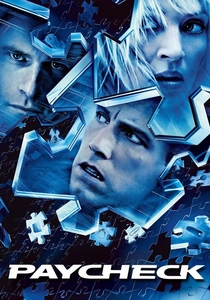
Paycheck (2003)
Description: Centers on memory manipulation and a protagonist piecing together clues from his erased past, blending sci-fi with mystery elements.
Fact: Based on a Philip K. Dick short story, continuing the tradition of adapting his works into films exploring identity and technology.
 Watch Now
Watch Now 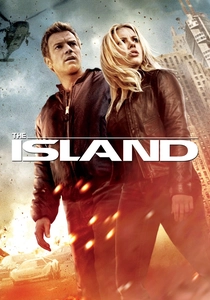
The Island (2005)
Description: A dystopian tale of clones created for organ harvesting, exploring themes of identity, autonomy, and corporate exploitation in a futuristic setting.
Fact: The film's action sequences were heavily inspired by classic car chases, with one scene using 30 different vehicles for a spectacular crash.
 Watch Now
Watch Now 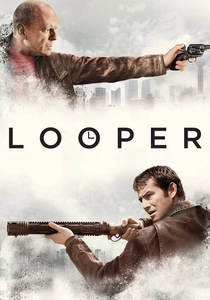
Looper (2012)
Description: A time-travel crime story that explores fate, identity, and the consequences of one's actions across different timelines.
Fact: The film's distinctive visual style includes practical effects for the time travel sequences, avoiding excessive CGI.
 Watch Now
Watch Now 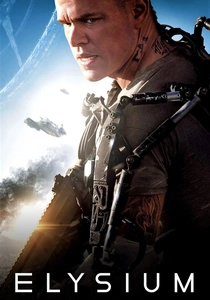
Elysium (2013)
Description: A stark portrayal of class division between an orbiting paradise and an overpopulated Earth, featuring gritty action and social commentary.
Fact: The film's robotic exoskeleton suits were physically built and weighed up to 50 pounds, requiring actors to undergo strength training.
 Watch Now
Watch Now 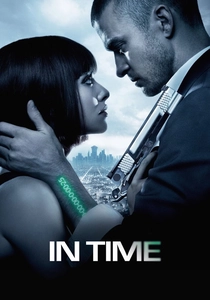
In Time (2011)
Description: A unique sci-fi premise where time is currency, creating a stark divide between the rich and poor, with action elements and social commentary.
Fact: The film's concept was originally pitched in the 1990s but was considered too radical until the 2008 financial crisis made its themes more relevant.
 Watch Now
Watch Now 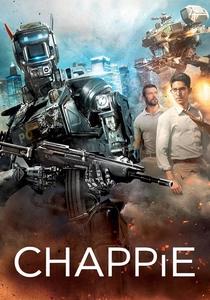
Chappie (2015)
Description: A sci-fi exploration of artificial intelligence and consciousness, set against a near-future urban dystopia with crime elements.
Fact: The titular robot was primarily a practical puppet operated by multiple puppeteers, with CGI used only for complex movements.
 Watch Now
Watch Now 
